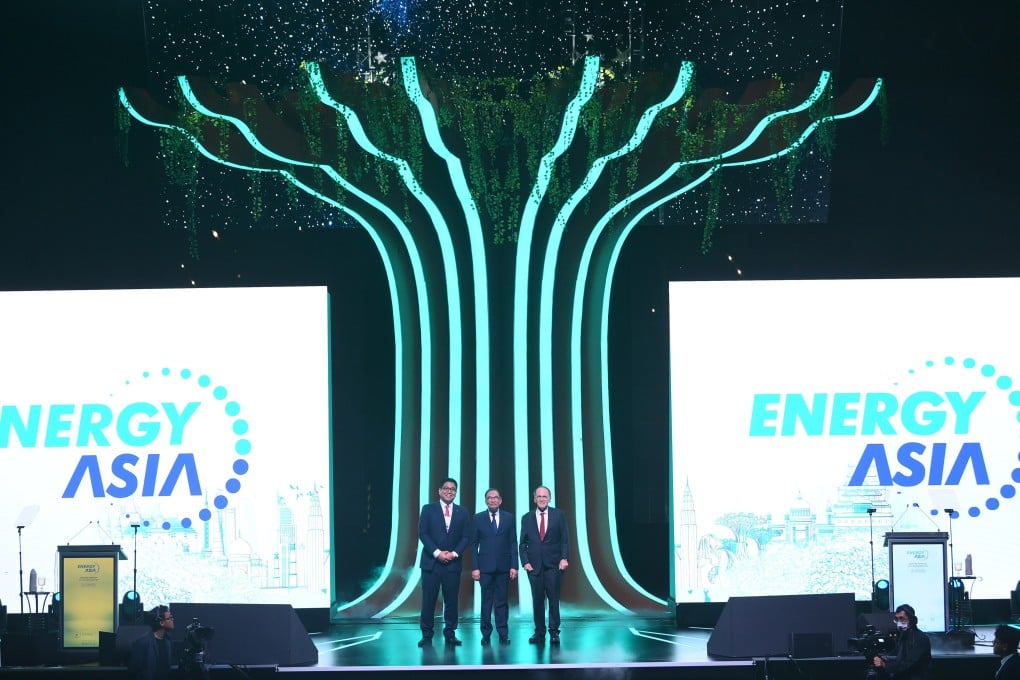Why Asia must pursue a just energy transition on its path towards a net-zero carbon future
- Asia’s move to clean energy is crucial to meeting global sustainability goals, but it must balance the needs of countries at different stages of development
- The inaugural Energy Asia conference gave business leaders and government officials a platform to explore solutions that are fair and beneficial to all

[Sponsored article]
Carbon emissions are continuing to rise at unprecedented levels worldwide, according to an assessment report released in March by the Intergovernmental Panel on Climate Change, which signals escalating risks to the environment and life on our planet.
About three-quarters of global greenhouse gas emissions are linked to the energy sector, the International Energy Agency (IEA) reports. To mitigate this, the IEA has developed the Net-Zero Emissions by 2050 Scenario, which lays out a path for the global energy sector to bring its carbon emissions to net zero over the next two-plus decades.
Asia, which accounts for 53 per cent of the world’s carbon emissions, will play a pivotal role in achieving this target, according to Tengku Muhammad Taufik, president and group CEO of Malaysian energy group Petronas. In his welcome address at the inaugural Energy Asia conference that took place in June, he said: “The world cannot achieve net zero without Asia achieving net zero.”

Energy Asia – hosted by Petronas with the aim of providing a platform for business leaders and government officials to explore and discuss solutions for the region’s shared net-zero goal – was attended by about 4,000 participants from 28 countries. The three-day conference in Kuala Lumpur, Malaysia, also featured more than 100 speakers and 46 sponsors representing 19 industries.